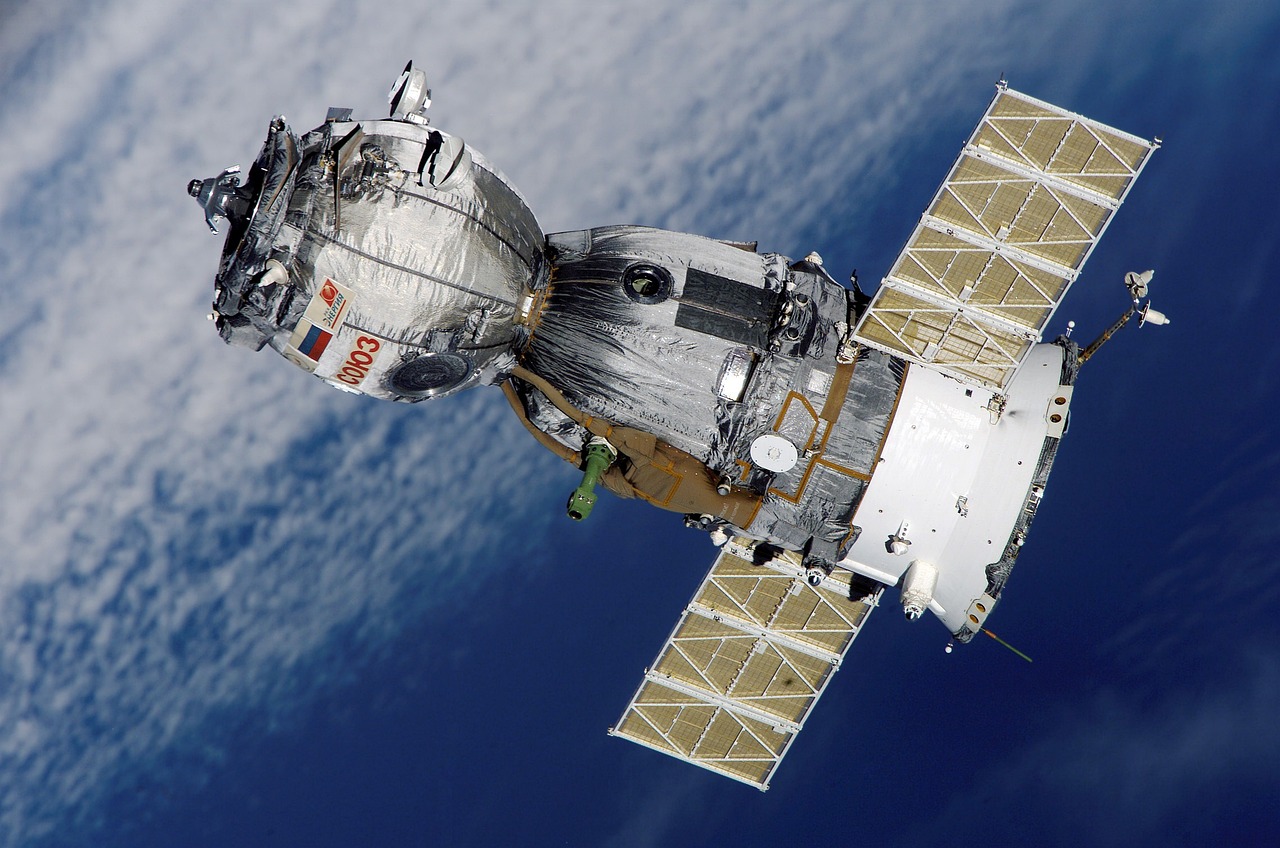The Legal Intricacies of International Space Debris Removal
Introduction: As space exploration advances, the issue of orbital debris becomes increasingly complex. This article delves into the emerging legal framework surrounding space debris removal, examining the challenges, international cooperation, and potential future regulations in this critical area of space law.

The Current Legal Landscape
The existing legal framework for space activities primarily stems from the 1967 Outer Space Treaty. However, this foundational document does not explicitly address the issue of space debris removal. The lack of specific provisions has led to a legal gray area, where nations and private entities grapple with questions of ownership, liability, and jurisdiction when it comes to removing debris from orbit.
Ownership and Liability Concerns
One of the most significant legal hurdles in space debris removal is the concept of continuous ownership. Under current space law, objects launched into space remain the property of the launching state or entity, regardless of their functional status. This principle complicates removal efforts, as any attempt to dispose of debris could be construed as interfering with another nation’s property.
International Cooperation and Guidelines
Recognizing the global nature of the space debris problem, international organizations have taken steps to address the issue. The Inter-Agency Space Debris Coordination Committee (IADC) has developed guidelines for debris mitigation, which have been widely adopted. However, these guidelines are non-binding, leaving a gap between recommended practices and enforceable regulations.
Emerging National Legislation
Several spacefaring nations have begun to develop domestic legislation to address space debris. For instance, the United States has implemented the Orbital Debris Mitigation Standard Practices, which require satellite operators to consider end-of-life disposal plans. Similarly, Japan has enacted laws mandating the registration of space objects and promoting debris mitigation measures. These national efforts, while promising, highlight the need for a coordinated international approach.
The Role of Private Actors
The increasing involvement of private companies in space activities adds another layer of complexity to the legal landscape. As commercial entities develop debris removal technologies, questions arise regarding their authority to conduct such operations and the potential for conflict with existing space law principles. The legal framework must evolve to accommodate these new actors while maintaining the fundamental principles of space governance.
Towards a New Legal Regime
The growing urgency of the space debris problem is driving discussions about a new international legal regime specifically tailored to debris removal. Proposals include the creation of a global space traffic management system, the establishment of an international space debris removal fund, and the development of clear protocols for identifying and removing debris. These initiatives aim to address the gaps in current space law and provide a comprehensive framework for tackling the debris challenge.
Challenges in Implementation
Implementing a new legal regime for space debris removal faces several obstacles. Balancing national interests, addressing concerns about dual-use technologies that could be perceived as anti-satellite weapons, and ensuring equitable access to space for all nations are among the key challenges. Additionally, the rapid pace of technological advancement in space debris removal methods requires a flexible legal framework that can adapt to new developments.
The Path Forward
As the international community grapples with the complexities of space debris removal, a multi-faceted approach is emerging. This includes strengthening existing guidelines, developing new binding agreements, fostering international cooperation on debris tracking and removal technologies, and creating incentives for responsible space operations. The legal framework must evolve to keep pace with technological advancements and the growing importance of space activities to global communication, navigation, and scientific research.
In conclusion, the legal intricacies of international space debris removal present a unique challenge at the intersection of space law, environmental protection, and international cooperation. As we continue to rely on space-based technologies, developing a comprehensive and effective legal regime for debris removal becomes increasingly crucial. The coming years will likely see significant developments in this area of law, shaping the future of space exploration and utilization for generations to come.





